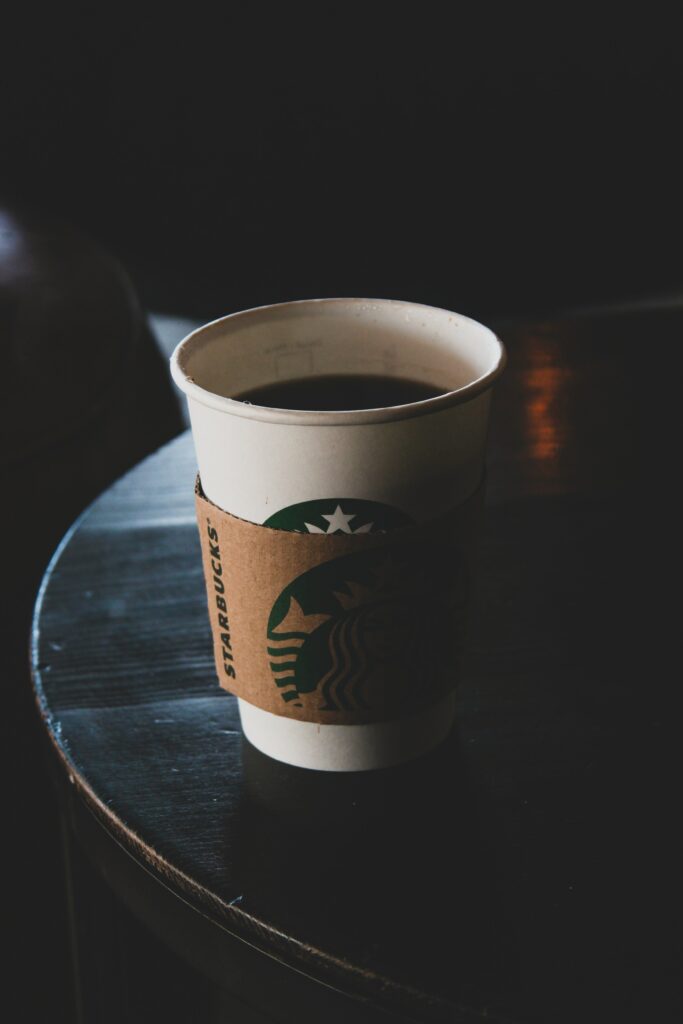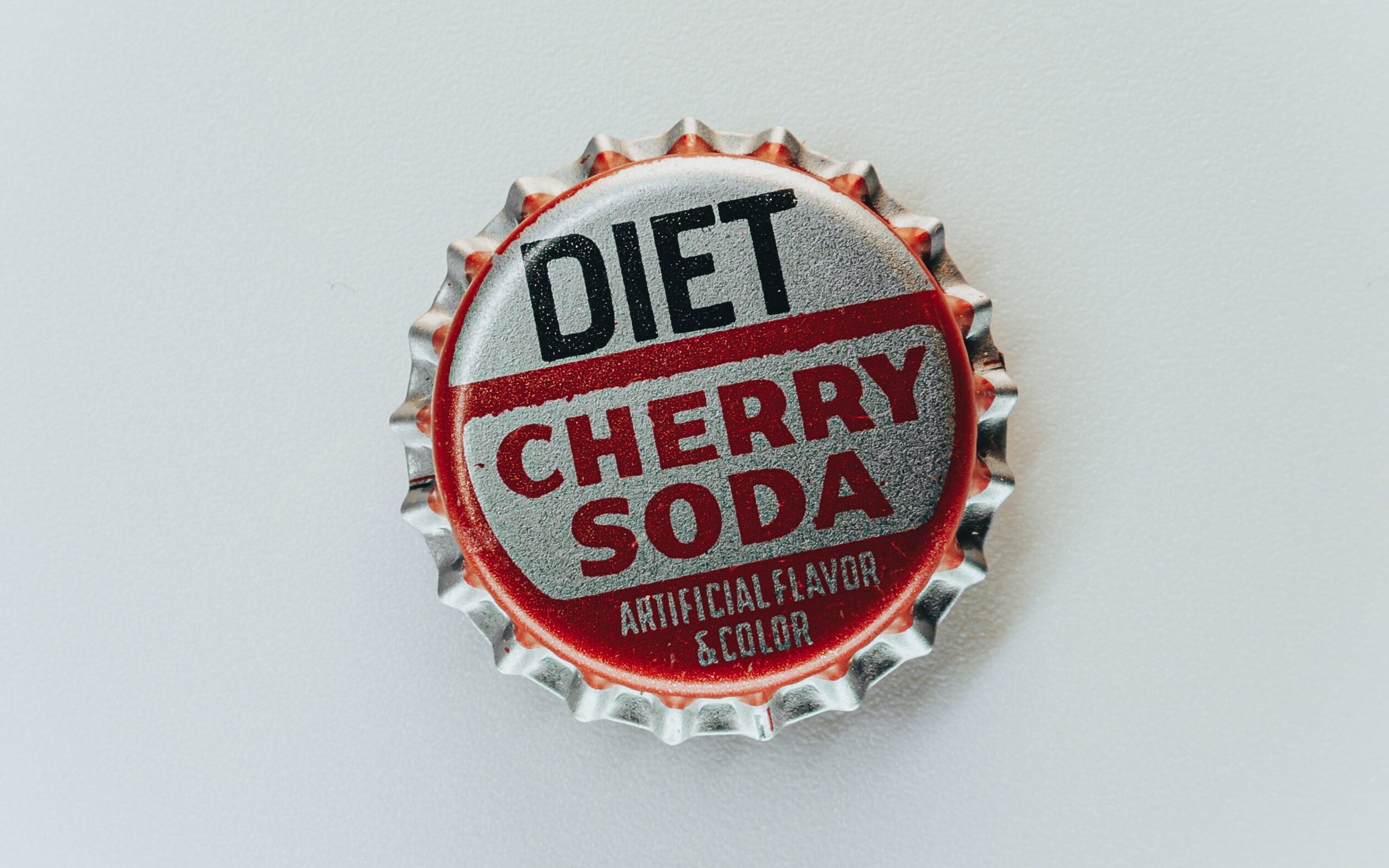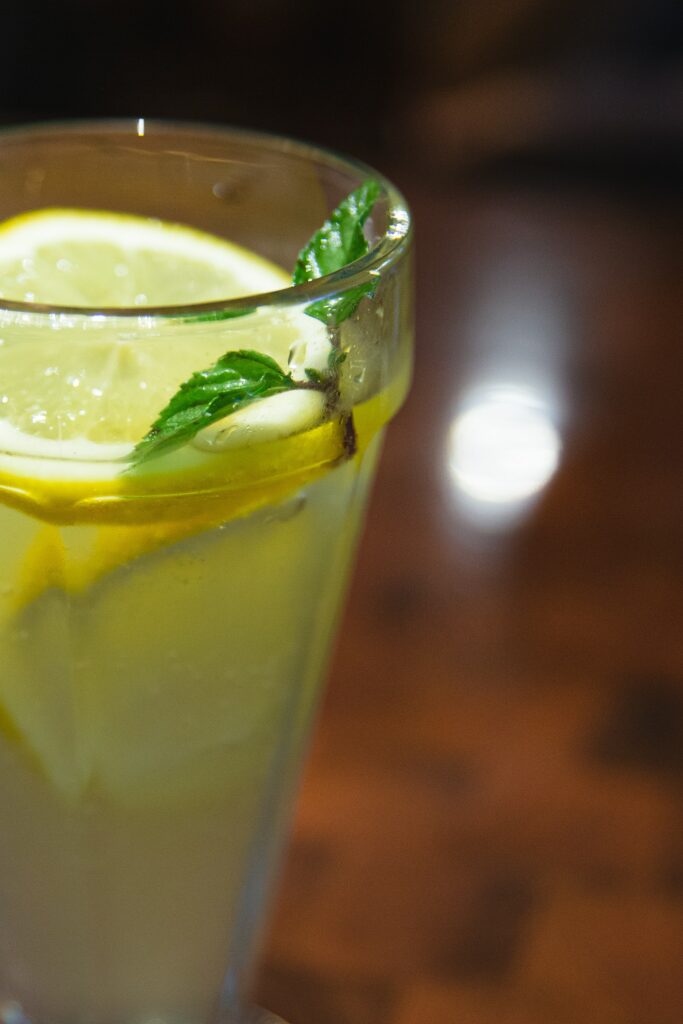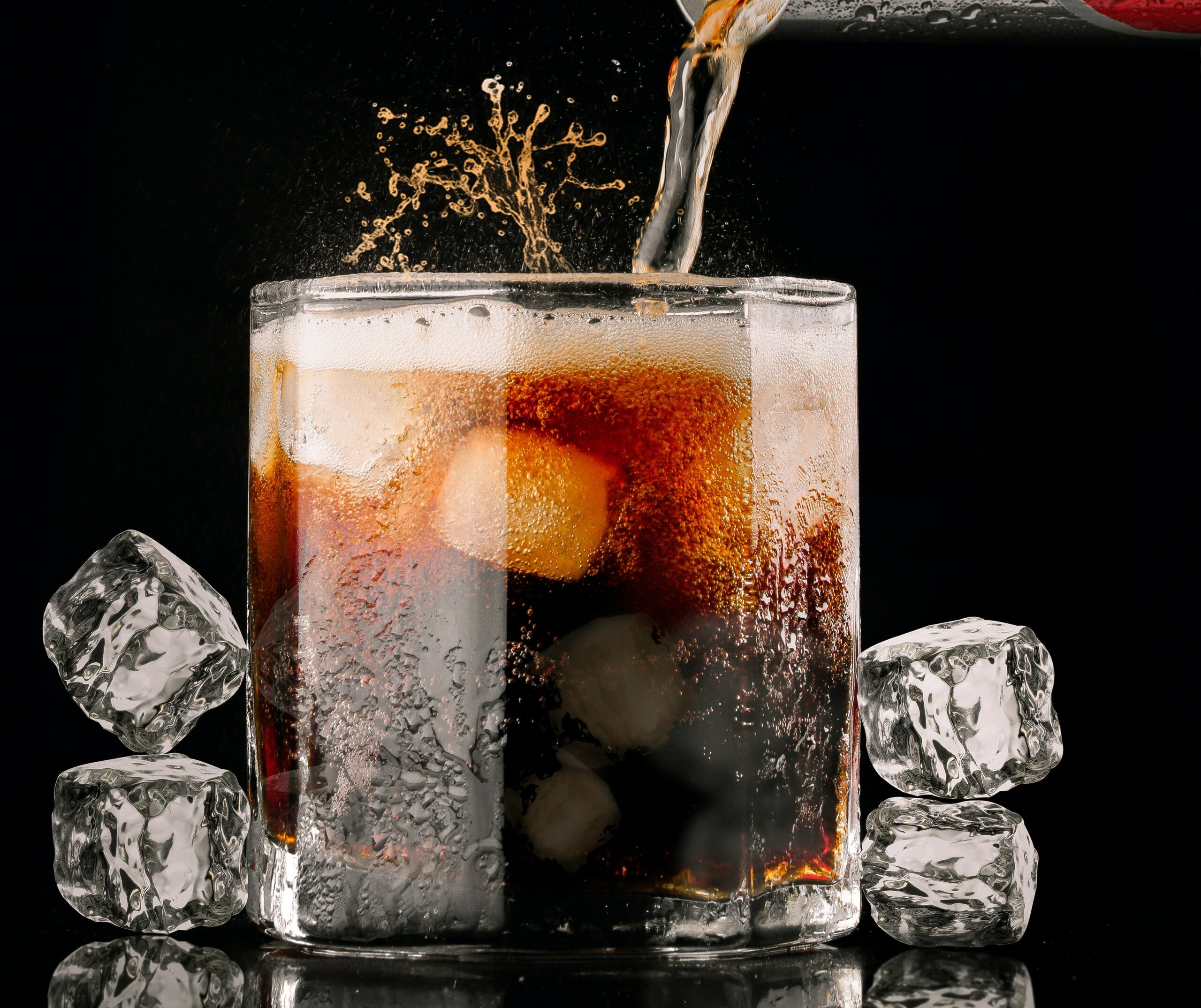No matter how long you’re trying intermittent fasting or the reasons behind it, there’s one important rule to remember during your fasting periods: avoid eating anything. However, this rule can be a bit confusing when it comes to what you can drink. While you want to keep your body in a fasted state, which means avoiding carbs, protein, and fat, it’s also essential to stay hydrated.
So, what can you consume without breaking your fast?
Besides water, you can still enjoy zero-calorie drinks like tea or black coffee. If you’re someone who relies on that morning cup of joe for survival, you can breathe a sigh of relief.
Although there are other zero-calorie beverages available, one frequently asked question is, “Can I drink diet soda while fasting?“
We won’t keep you in suspense: the answer is yes (hallelujah!). However, there are some conditions to consider. Our experts will explain what you should know about consuming diet soda while fasting and suggest other drinks you can enjoy. This way, both you and your fridge can be prepared for a safe and effective fasting experience.
If you’re still new to intermittent fasting and need guidance on the basics, feel free to check out our beginner’s guide to intermittent fasting.
So, Can I Drink Soda While Fasting?
At first glance, diet soda, zero-calorie soda, and sugar-free soda all appear to be fair game during your fasting window since they don’t contain any calories. If you’re yearning for that refreshing carbonation, feel free to crack open a can and indulge in your own delightful summer soda commercial moment.
However, if you’re specifically wondering, “Can I drink diet soda while on a fasting diet?” the answer might depend on your reasons for fasting in the first place.
The scientific community is still studying the potential effects of diet soda on health, and we’ll explore those possible side effects and risks shortly. However, it’s important to note that diet soda falls into the category of ultra-processed foods and beverages, which have been associated with negative health outcomes such as metabolic diseases and inflammation.
Therefore, particularly if your fasting goals involve improving your gut health or achieving your desired weight, we recommend limiting your consumption of diet soda.
Like any food or drink, diet soda isn’t inherently “good” or “bad” for you; some options are simply more nutrient-dense and supportive of your well-being. So, regardless of your fasting objectives, moderation should be your faithful drinking companion. A general guideline is to stick to one or two cans per day.
Alternatives to Diet Soda While Fasting
When it comes to staying hydrated during your fasting window, you don’t have to limit yourself to just diet soda or plain water. Why not add some zest to your water by squeezing in a slice of lemon or tossing in a few mint leaves for refreshing lemon water? Your taste buds will appreciate the flavorful twist!
We understand that fasting can sometimes feel monotonous, even if you’re accustomed to it. Your taste buds may grow weary of patiently waiting for your next meal. Fortunately, during intermittent fasting, diet soda isn’t the only beverage that can add some excitement to your fasting window. While it might not be an all-out party, these drinks can still bring some enjoyment to your mid-afternoon-office-birthday kind of moments.
If you’re craving a hint of caffeine, carbonation, or flavor without breaking your fast, consider sipping on the following options:
- Naturally-flavored sparkling water: These refreshing carbonated waters come in a variety of delicious flavors to keep things interesting.
- Green and herbal teas: Enjoy a soothing cup of tea to relax and hydrate yourself. There are numerous flavors to choose from, so you’re sure to find something you love.
- Black coffee: Indulge in a cup of black coffee to satisfy your caffeine fix without adding any calories to your fast.
- Gatorade Zero or Powerade Zero: These zero-calorie sports drinks can provide some electrolytes and a burst of flavor to keep you going.
- And if you’re a fan of apple cider vinegar, you can dilute a few tablespoons in water for a tangy and refreshing option.

So, let your taste buds celebrate with these delightful alternatives while you continue your fasting journey.
Potential Risks and Health Benefits

Now that we’ve given you the short answer to the question of whether you can drink diet soda while practicing intermittent fasting, let’s delve into a more detailed explanation of how consuming diet soda during fasting may impact your body.
The reason diet soda is labeled as “diet,” indicating it is calorie-free and sugar-free, lies in the use of artificial sweeteners. These sweeteners are typically lab-created substitutes for sugar that provide diet soda with its sweet and acidic cola taste without the inclusion of actual sugar.
While these sweeteners are generally considered safe when consumed in moderation, further research is needed to fully understand their long-term effects on overall health. Scientists also agree that we require more insights into whether artificial sweeteners are processed differently than natural sugars, as well as the specific quantities and circumstances under which they might be detrimental.
Based on our current knowledge, here are some potential side effects and risks associated with drinking diet soda. However, it’s important to remember that each person’s response to diet soda may differ from that of their friends, roommates, or partners, as individual differences play a role.
Glycemic impact
One significant concern regarding artificial sweeteners is that they may contribute to increased insulin resistance and obesity in specific cases, such as adults with type 2 diabetes, prediabetes, or obesity. However, the effect of sweeteners specifically found in diet soda on these conditions is still under investigation. Studies involving adults without these conditions have shown that regular consumption of artificial sweeteners does not affect glucose levels, glucose tolerance, glucose metabolism, or insulin sensitivity. It’s challenging to generalize these findings to all types of sweeteners, so while there has been some consistent use of sweeteners in diet soda and larger studies conducted in this area, more long-term and inclusive research is necessary.
Sweet preferences
There is a rumor that artificial sweeteners increase cravings for sweetness, but most of the evidence supporting this claim comes from animal studies. A more recent review suggests that these sweeteners are not associated with changes in sweet preferences or motivation to eat.
Gut health
Emerging evidence suggests that certain artificial sweeteners may impact the composition of your gut microbiota, which refers to all the bacteria and other microorganisms living in your gut. These changes could potentially affect how your body metabolizes sugar and other nutrients. However, more evidence is needed to confirm these findings.
Sleep Quality and Duration
In addition to artificial sweeteners, some diet sodas contain caffeine. While they may not have the same jittery effect as coffee or strong green tea, consuming enough diet soda with caffeine can still disrupt your sleep. To promote better and longer sleep, it’s advisable to avoid diet soda (as well as all sources of caffeine) for at least six hours before bedtime.
Heart Health
A recent prospective study found a potential association between higher consumption of artificial sweeteners and an increased risk of cardiovascular disease. However, further supporting evidence is necessary before we can definitively state that diet soda may impact heart health under certain conditions.
Aside from these specific potential health impacts, it’s important to note that diet sodas are considered ultra-processed foods. Consistently consuming large quantities of ultra-processed foods have been linked to various chronic illnesses, decreased brain health, and changes in eating behaviors.
Before you panic and regret every time you thought you were making a health-conscious choice by opting for diet soda over its full-calorie counterpart, rest assured that it would likely require significant daily consumption of diet soda to pose a serious risk. Adhering to the moderation principle will keep you on track and ready to conquer each day.
What Drinks Can You Enjoy While Intermittent Fasting?
When it comes to intermittent fasting, keeping yourself well-hydrated is essential. So, raise a glass of pure H2O and celebrate your healthy choices!

One common mistake people make during intermittent fasting is not drinking enough fluids. It’s crucial to consume an adequate amount of water (or even mineral/sparkling water) for a safe and effective fast. If you’re not a fan of plain water, you can add a touch of excitement by infusing it with fresh mint or slices of your favorite fruits. Lemon or orange slices work great, but you can also try cucumber or lime. If you’re feeling adventurous, you can even add a spoonful or two of apple cider vinegar. However, we suggest not mixing it with other flavors or consuming it straight—it might not taste pleasant.
Apart from diet soda, there’s a wide array of non-water drinks to keep those pesky hunger pangs at bay. Tea (without milk, sugar, cream, or sweeteners) and coffee (without milk, sugar, cream, syrups, or sweeteners) make for excellent companions during your fasting journey. While Long Island iced teas and alcoholic beverages are off the menu, along with full-sugar soda and sugary fruit juices, there are countless other delightful teas to explore.
And, of course, engaging in some pleasant conversation or sharing some juicy gossip (known as “spilling tea”) is a great way to pass the time without breaking your fast—just make sure you don’t find yourself reaching for comfort cookies right after!



